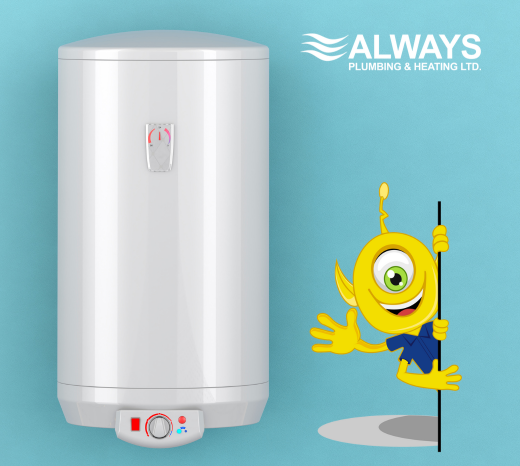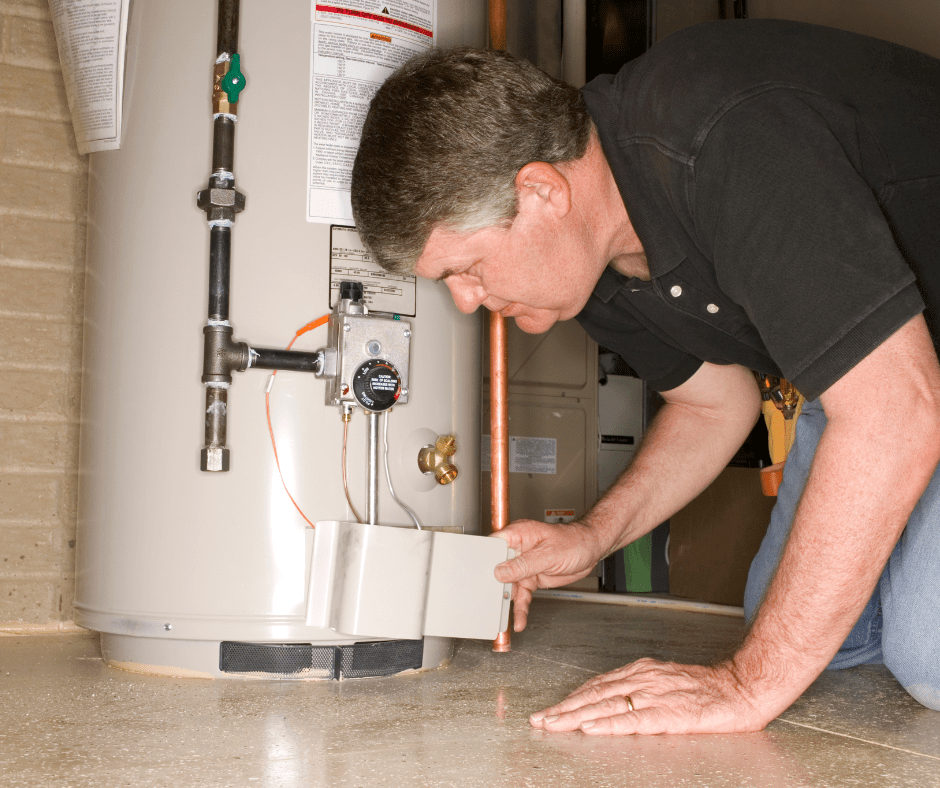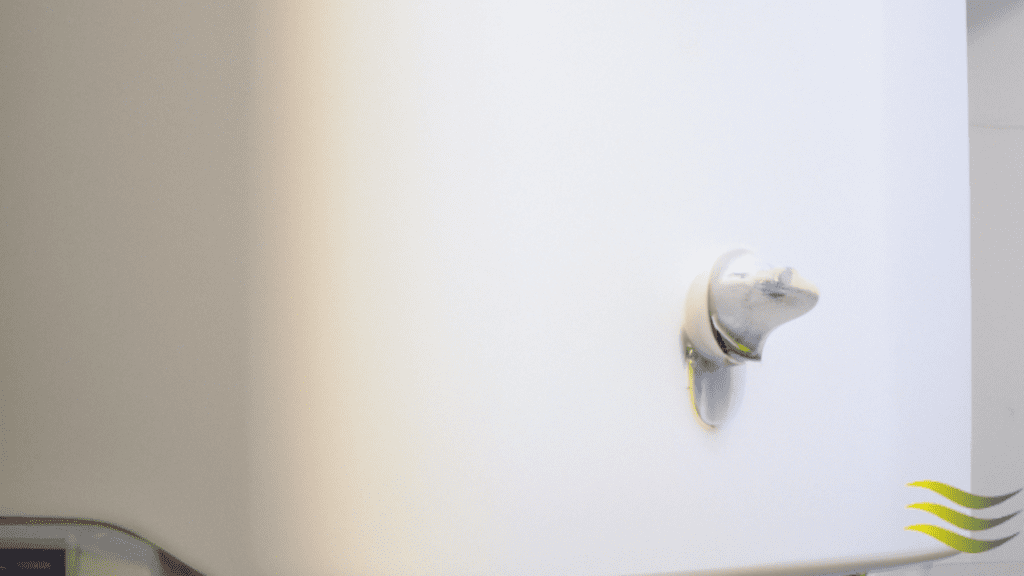Do you want to find out the actual cost of owning a tankless water heater? You want to consider a high-efficiency low-maintenance unit that offers t...
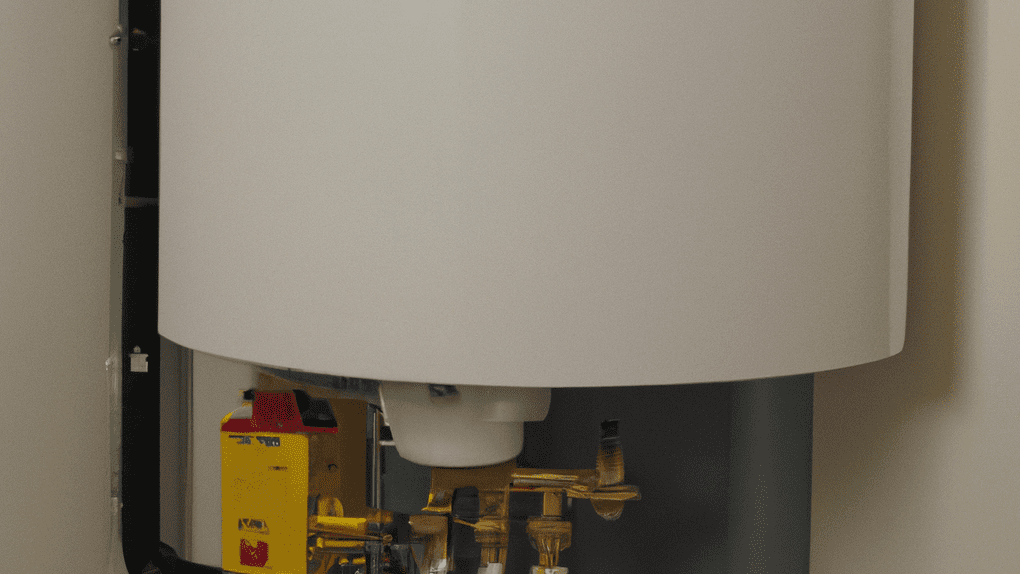
Do you want to find out the actual cost of owning a tankless water heater? You want to consider a high-efficiency low-maintenance unit that offers the best value throughout its lifespan.
On-demand hot water heaters are of two types: gas- and electric-powered as well as point-of-use and whole-house heaters. If your old hot water tank is showing signs of replacement and not providing a reliable flow of hot water, you may want to consider investing in a tankless unit that heats water as you need it without consuming too much energy.
Since the cost of a tankless unit can vary drastically, you want to narrow it down to one that is the right size for your home heating needs. With the average size of a tankless water heater typically falling between the flow rate of 4 GPM to 8 GPM for a 3-bedroom home, the cost of buying ranges from CA$700 to CA$7500 excluding installation, dispatch, and taxes.
The wide spectrum of costs is due to the brand, efficiency rating, and size of the unit that you want to consider investing in. As well, whole-house natural gas tankless water heaters are on the higher end whereas electric water heaters are cheaper by 30%-40% than the average gas water heater. We compare why gas water heaters are more cost- and energy-efficient than electric even though the latter costs less.
Tankless water heaters can be worthwhile if you have a family of 3-5 members considering the use of kitchen faucets, laundry, and other appliances on a daily basis along with bathrooms.
Let’s dive into factors that affect the cost of buying and living with a tankless water heater.
How Does a Tankless Water Heater Work?
Whole house tankless water heaters have an inlet pipe at the bottom through which cold water enters when you turn on a tap. As a result, the flow sensor activates the burner which warms the heat exchanger. At this point, the cold water passes through the coils and exits the unit through an outlet that supplies hot water throughout your home.
When you turn off the hot water tap, cold water stops entering the system and the flow sensor shuts off the burner.
Primary Factors Affecting the Cost of Your Tankless Water Heater Installation
Whether you’re switching from tank to tankless or simply looking to upgrade to a higher efficiency model, tankless water heaters are a huge investment that requires careful consideration as your individual case differs and influences what kind of unit is the best fit for your usage requirements.
Let’s dive into the main factors that contribute to the cost of the right unit for your home.
Unit Type
The cost of buying and installing a unit will depend on whether it’s a whole house water heater or a single point of use if you’re living in a smaller space that doesn’t warrant a larger unit. A high-efficiency natural gas-powered unit falls in the ballpark of $2500 in Edmonton. A single-use natural gas unit averages around $700-$800. Electric water heaters are even cheaper, averaging around $800-$1500 with UEF ratings between 2.5 and 4. A lower-efficiency electric heater usually costs between $300 and $500.
In most cases, a natural gas fuelled tankless water heater ends up being more efficient than electric water heaters as they hold the capacity to provide a continuous flow of hot water to multiple appliances. Even the best electric water heater comes with a flow rate of 8 GPM which may not be sufficient to offer a regular supply of hot water to all the hot water sources in your home.
Flow Rate
With that said, you may ask how many fixtures can a tankless water heater handle?
Well, that depends on the usage and number of appliances hooked up to your water line. An average Edmonton home has 3 bedrooms, 2.5 bathrooms, a laundry room, and one kitchen sink (two if you have one in a legal basement unit).
A single-point tankless water heater produces 0.5 to 2 gallons of water per minute while a whole house unit produces 5 to 10 gallons per minute. You need to come up with a realistic estimate of how much hot water your home needs as it will prevent you from buying an undersized or oversized unit.
A natural gas or propane-powered tankless water heater can deliver a flow rate as high as 11 GPM. One of the reasons gas units can accommodate more appliances to generate hot water than electric ones is that the latter aren’t built to provide an endless and instant hot water supply. This is what makes electric water heaters more energy efficient than gas ones, but the efficiency doesn’t really stand the test of time as the unit ages.
In order to size up the right unit, get a clear idea of the number of hot water sources you have.
- Kitchen faucet(s) (if the basement has a kitchen)
- Bathroom sinks
- Showerheads
- Laundry sink and/or washer
Considering that an average kitchen sink has a 2 GPM flow rate, a showerhead with a 2 GPM, three bathroom sinks with 1.5 GPM, and a laundry washer and sink has a 4 GPM; you might need a water heater that has a 10-11 GPM to comfortably manage hot water needs.
Unit Size
In terms of BTUs required to power an average 11 GPM tankless water heater, you are looking at over 180,000 BTU-sized units. However, you may not require this big of a unit if you’re living in a smaller place with fewer hot water sources.
In addition to indoor heating needs, you should also consider that Edmonton gets freezing sub-zero temperatures in the core winter months of December, January, and February which means the temperature of the water entering the unit is colder than usual and requires consuming double the energy to supply hot water consistently.
Brand
The brand you buy is a factor only when you look at the ENERGY STAR certification and rating of the unit in consideration. Some of the most efficient and long-lasting brands include Rheem, Rinnai, AO Smith, and Bradford White tankless water heaters with UEF ratings between 3 and 4.
Efficiency Rating
The energy efficiency is calculated based on how much fuel or electricity is consumed by the tankless water heater unit to produce a certain Gallon Per Minute quantity of hot water. The higher the rating, the better the efficiency, and the rosier your utility bill. You can qualify for a federal rebate on the purchase of a high-efficiency tankless water heater, more on that below.
Gas/Electric Configuration to Your Home
In the cases where the diameter of your gas supply line does not justify the size of your water heater unit, you may need to have a technician extend the gas pipeline to allow sufficient pressure of hot water to pass through.
On the other hand, electric water heaters may require an electrician to rewire the circuit breaker panel to ensure it supports the electricity consumption by your electric unit.
Tankless Water Heater Installation
Owing to the above, your tankless water heater may require additional and prolonged installation work that can extend for 1-2 days. The upfront cost can seem high for a lot of families, however, your tankless water heater will start paying for itself in a couple of years considering that an average lifespan of a GPM 11 unit is 8 to 12 years.
Additional Functionality
If you want your water heater to sync with your phone, wifi, and smart home system, it can require additional installation fees. Nowadays, having a water heater equipped with modulating burners can save energy consumption as the burner will only heat the amount of water being used instead of heating up the whole unit. Additionally, higher efficiency water heaters come engineered with the ability to reduce nitrogen oxide emissions, which can reduce the release of harmful gases into the outdoor atmosphere.
Removal and Replacement
If your current water heater is showing signs of replacement, you want to consider the approximate costs associated with the water heater re-installation job.
Ditch upfront costs and lease a water heater with Always Plumbing and Heating with $200 back and 3 months free.
Secondary Buying Considerations Influencing Your Tankless Water Heater Cost
As an extension to the aforementioned factors, the following features can play a role in the cost of the water heater that ends up in your home.
Smartphone Connectivity
If you desire remote access to your tankless water heater, hooking up your smartphone with it can be valuable. Moreover, you can view hot water usage and control settings at the push of a button. You can receive maintenance updates on your phone to ensure your unit is functioning optimally at all times.
Recirculating Pumps
If your tankless water heater is located over 50 feet away from the main gas line, installing a recirculating pump can be useful to reduce the wait time between your water getting heated and the unit dispersing it.
Advanced Condensation Technology
A lot of units may come with a secondary heat exchanger that can help retain, recover, and double down in case the unit is losing heat due to inactivity or venting.
Digital Access and Control
A digital display, as seen below, can help you know the temperature of the water or set a timer until when you want the hot water to be supplied. It can optimize the usage of water at peak times without having to keep the unit running all day.
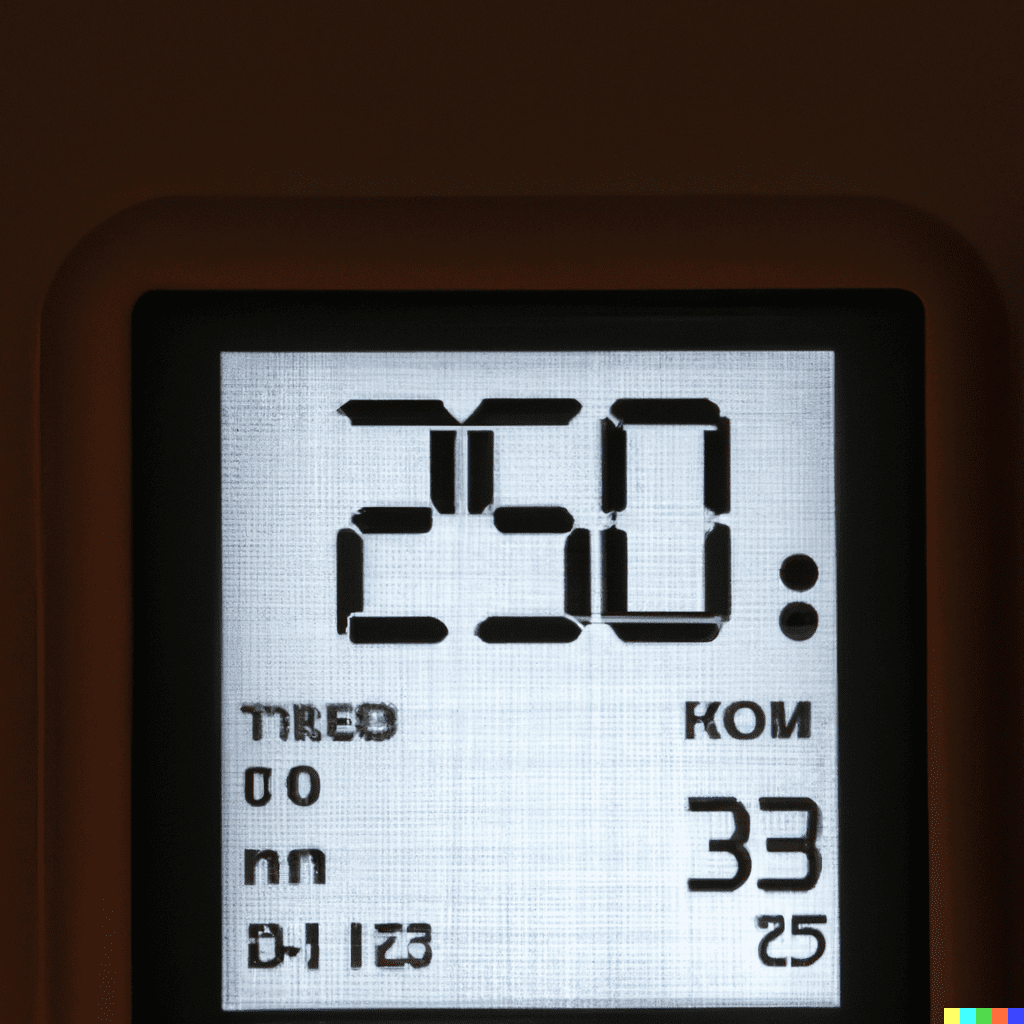
Is a Tankless Water Heater Worth the Cost?
A tankless water heater can come with a high upfront cost considering a gas tankless water heater averages $700 to $7500 in Edmonton based on size, efficiency, and brand. With expensive units come long-term, reliable performance in most cases. You can save thousands in electricity or gas bills over the life of the unit, considering that it also comes with rebate offers from HVAC contractors near you and tax credits from the federal government.
What is the downside to a tankless water heater?
The only real downside of buying a tankless unit is that savings in utility bills can take a little while to kick in. Once you’ve identified your usage levels and frequency, you can ensure that you’re using the unit responsibly and with regular maintenance so that it doesn’t disperse lukewarm water or stop working altogether.
How long will a tankless water heater last?
Natural gas or prone-powered tankless water heater will last 15-20 years if you follow the maintenance schedule religiously. Since there is no tank that has a shorter shelf life, your tankless unit can last well over the prime years of your home ownership.
Can you get carbon monoxide poisoning from a tankless water heater?
If the unit has not been installed properly with the exhaust pipe dislodged, the unit may release carbon monoxide inside the house. You need to ensure that you consult with a licensed and experienced technician for installation who will also keep you informed on warranties and safety best practices to maintain the unit.
Does a tankless water heater qualify for the Canada energy credit?
When you opt for a high-efficiency tankless water heater, you become eligible to apply for a grant of up to $5,000 on your unit by submitting an application to Natural Resources Canada via the Canada Greener Homes Initiative.
What kind of maintenance is required for a tankless water heater?
To extend the lifespan of your unit, you must flush the unit annually to remove scale buildup from Edmonton’s water hardness. Unless you have a reliable water softening system installed in your house, you will have to keep a periodic check on your unit’s sediment accumulation.
You should clean out the heat exchanger once every year to remove mineral deposits. The air filter inside your unit needs to be replaced periodically (advised by your technician) to avoid airflow blockage.
Finally, a licensed technician will perform a thorough inspection every once in a while to keep your unit running smoothly for many years to come.
Keep your tankless water heater in top-notch condition with an annual maintenance program. Schedule a consultation with an HVAC expert.

